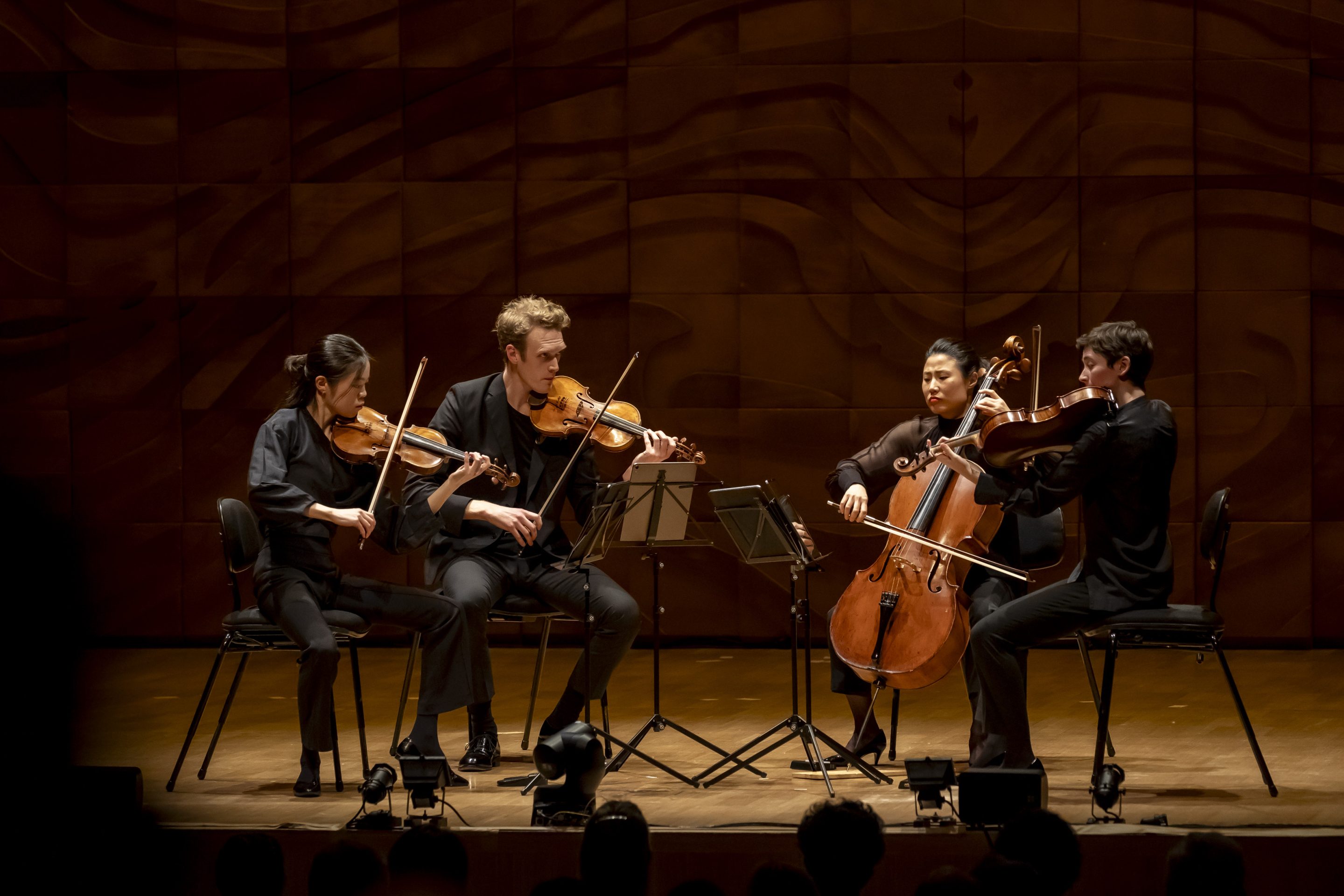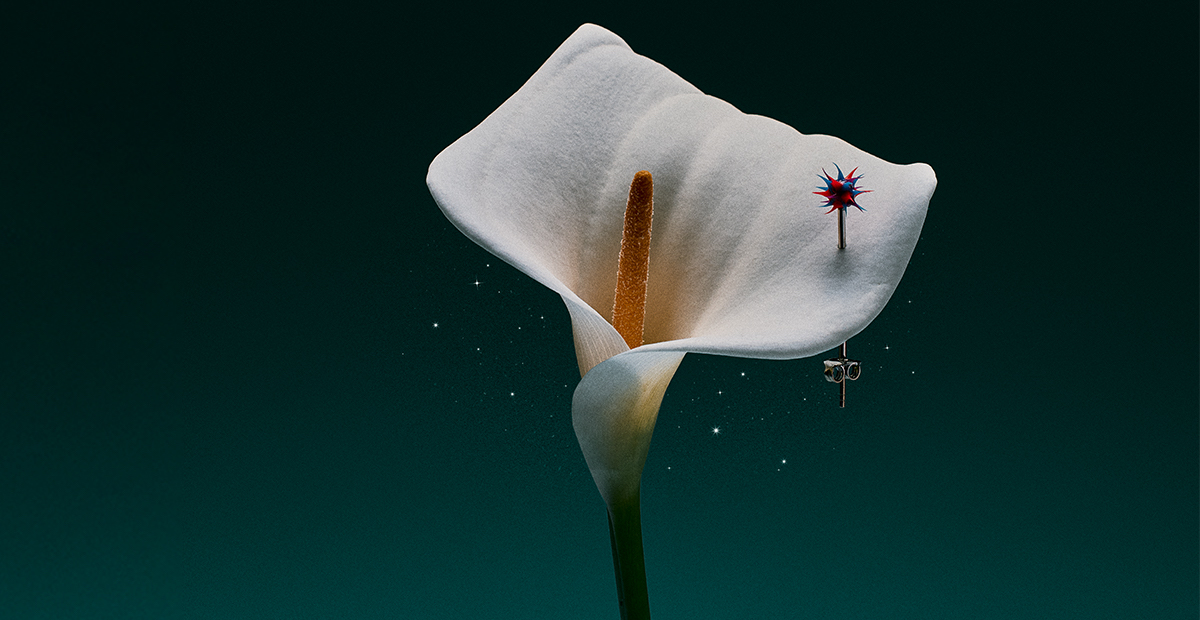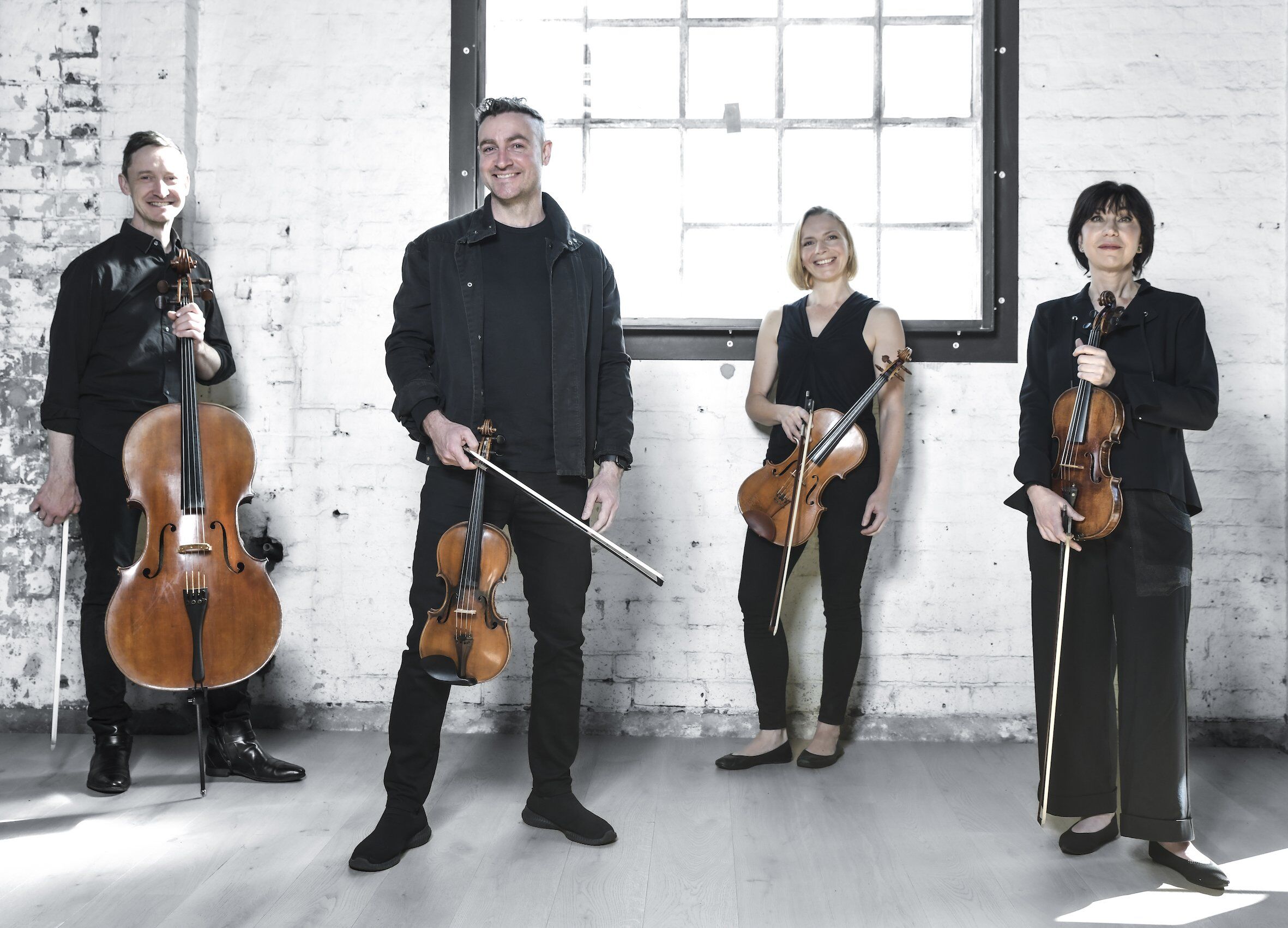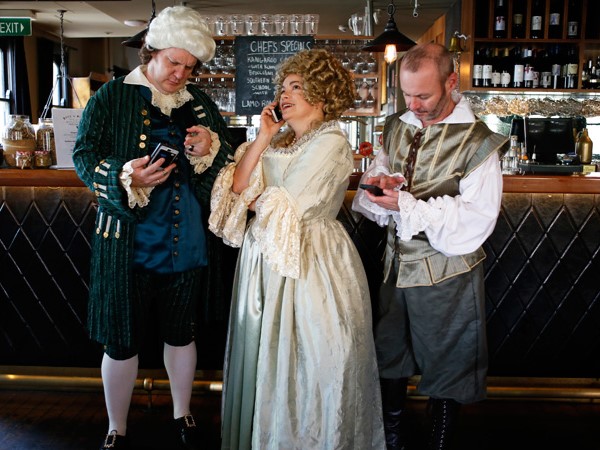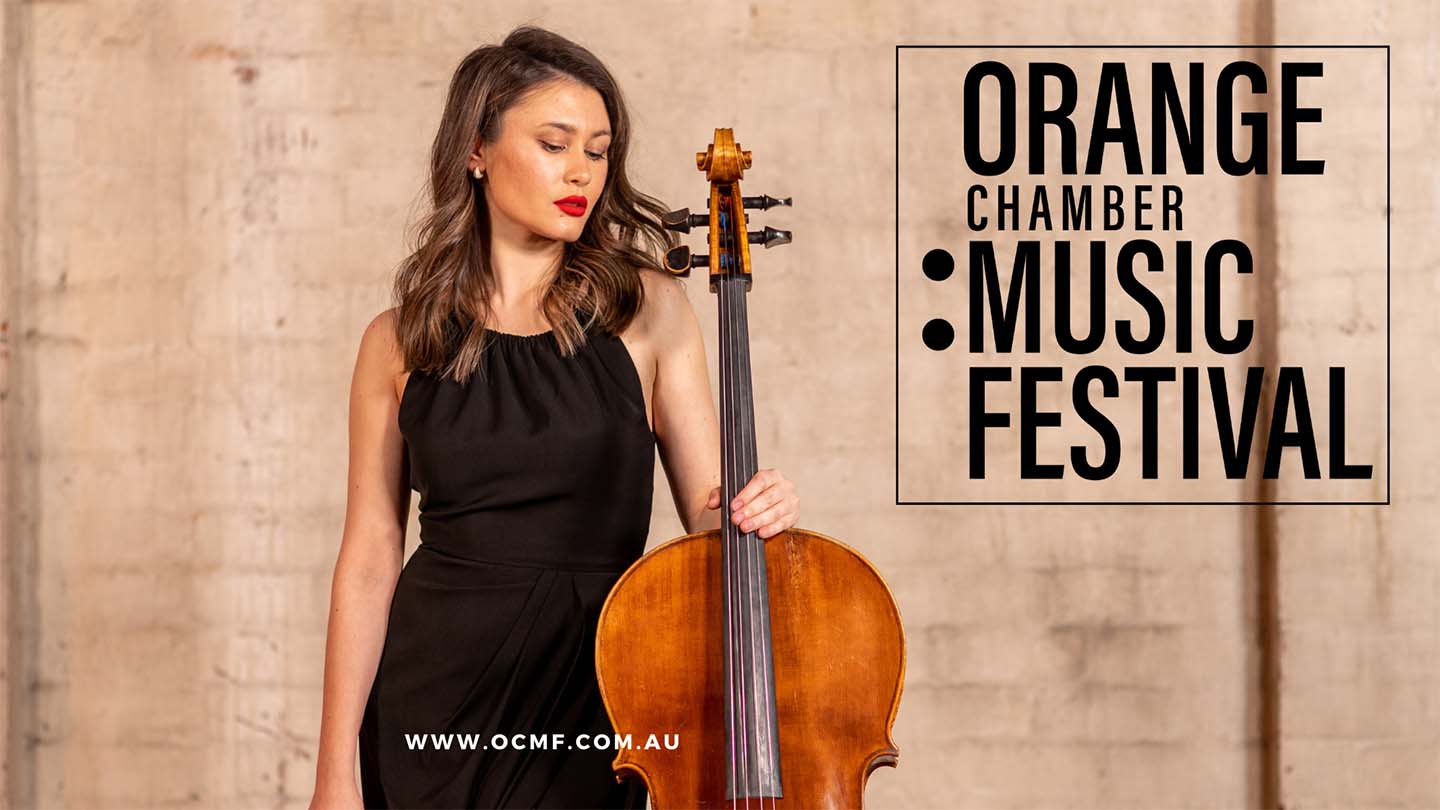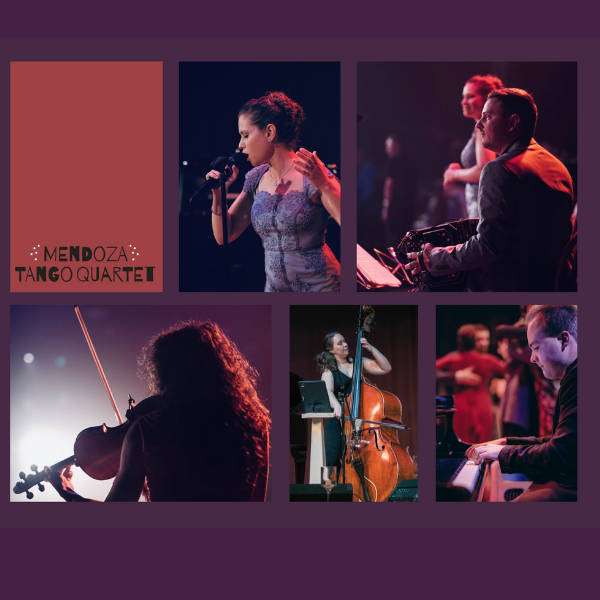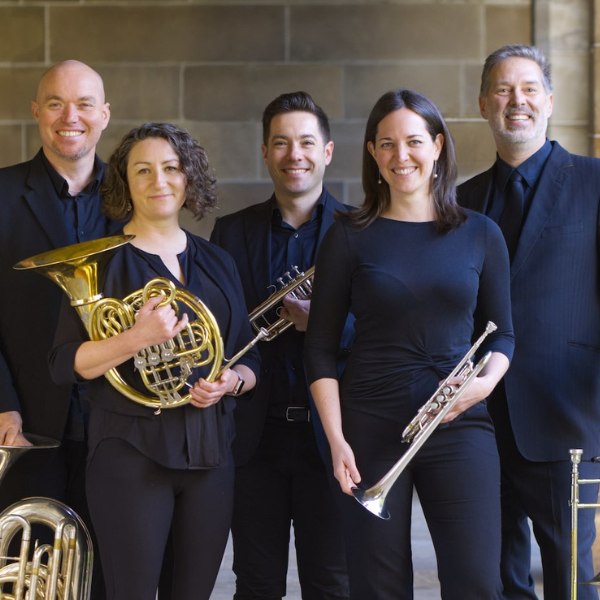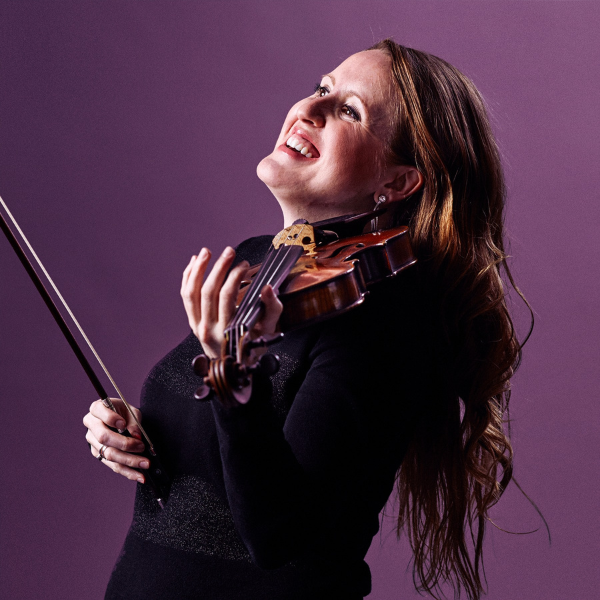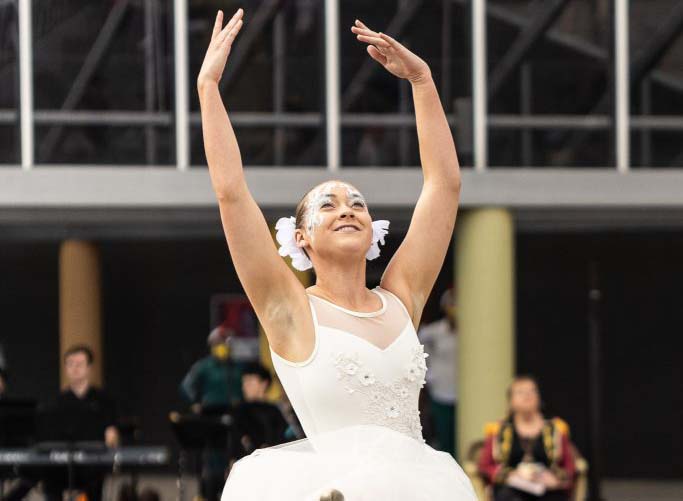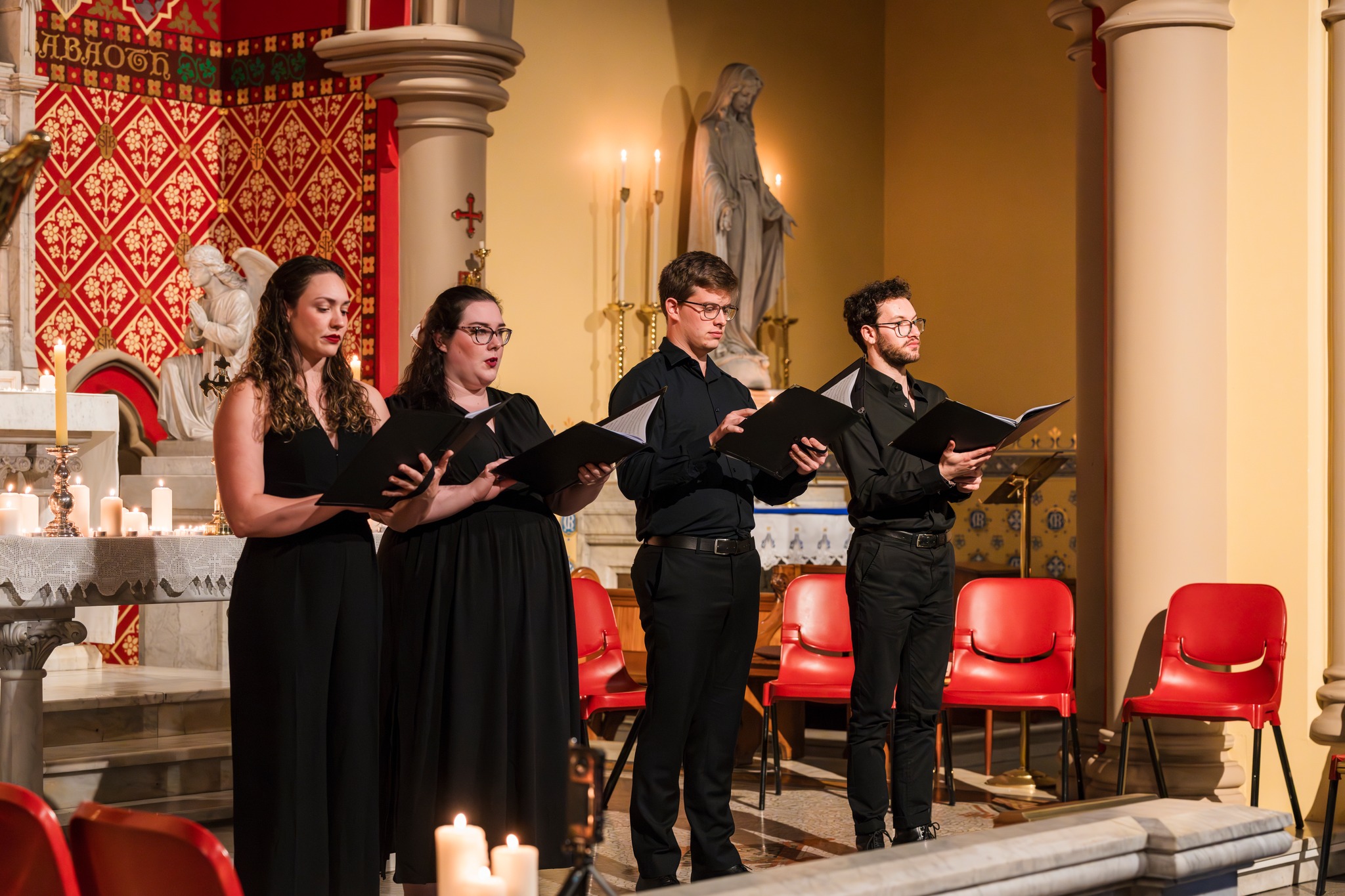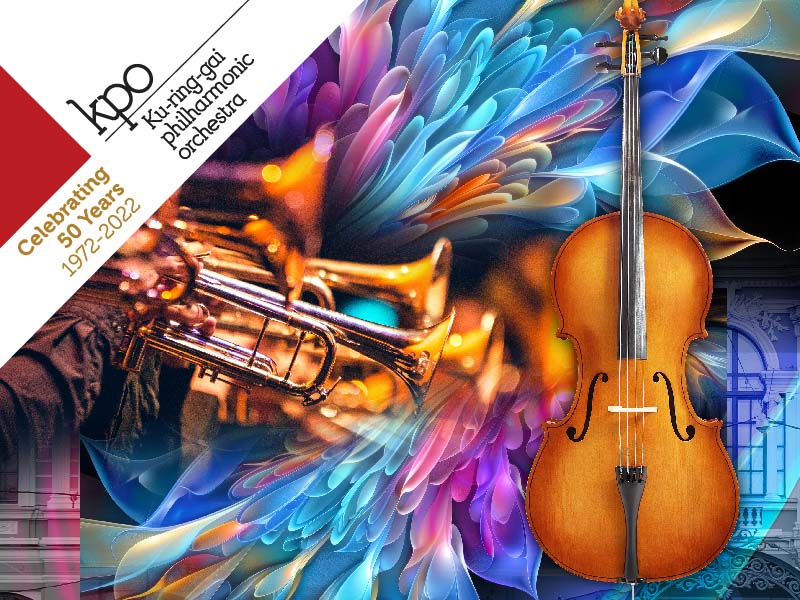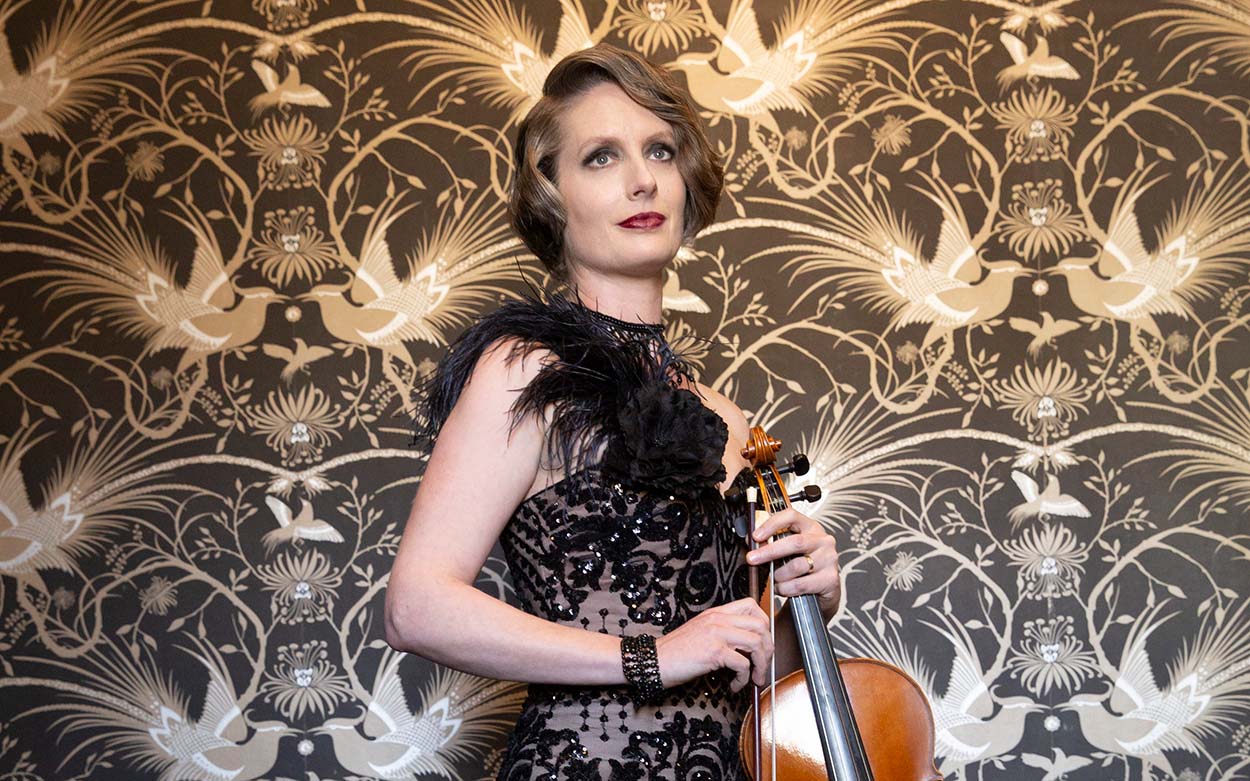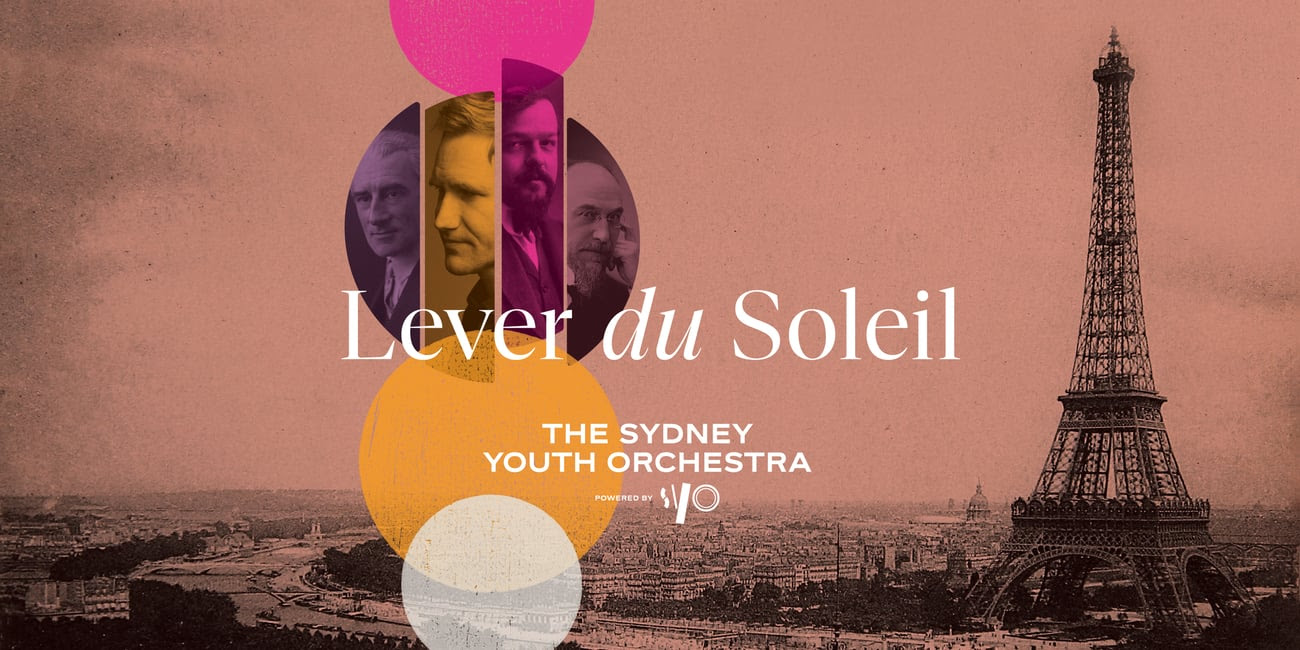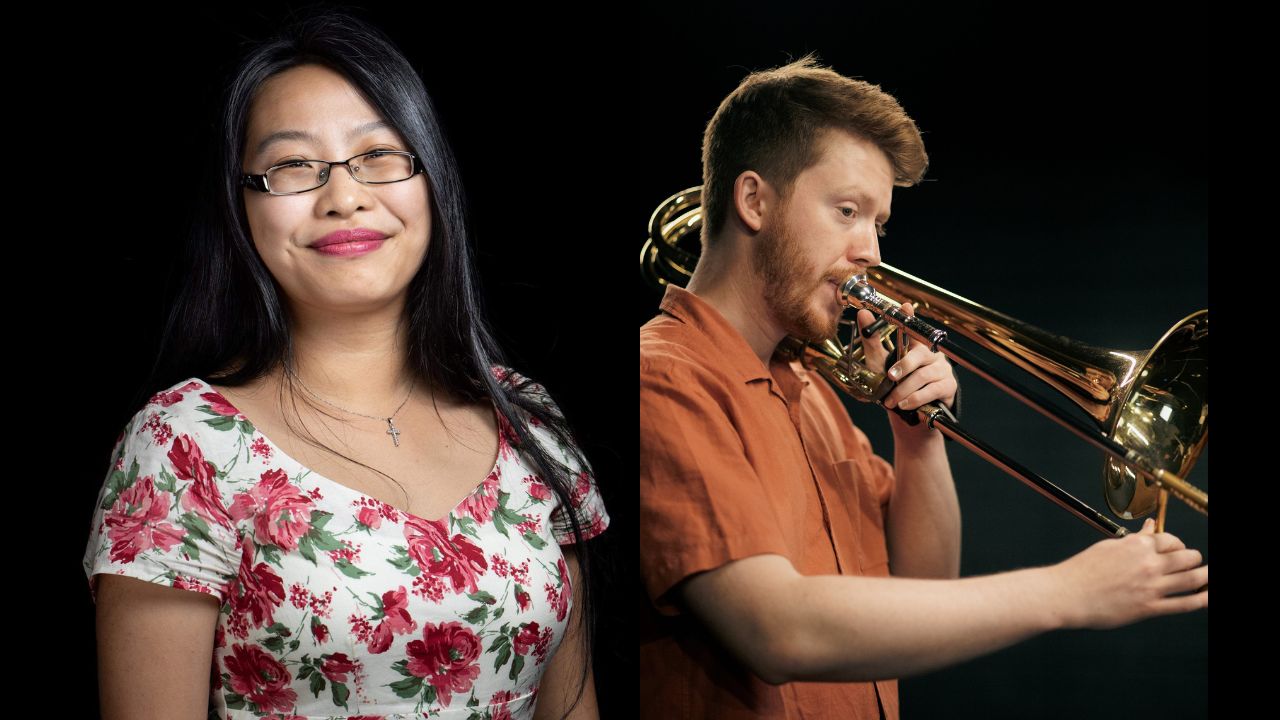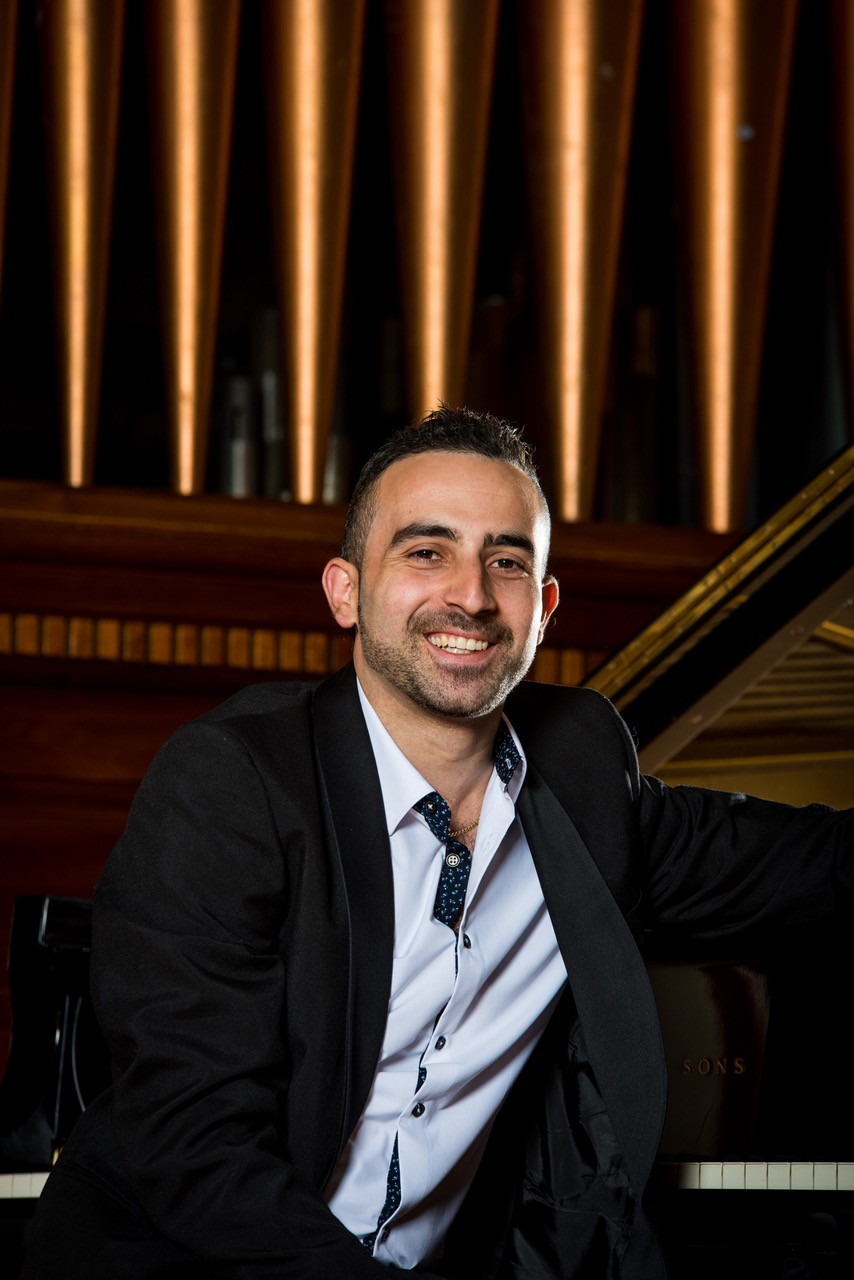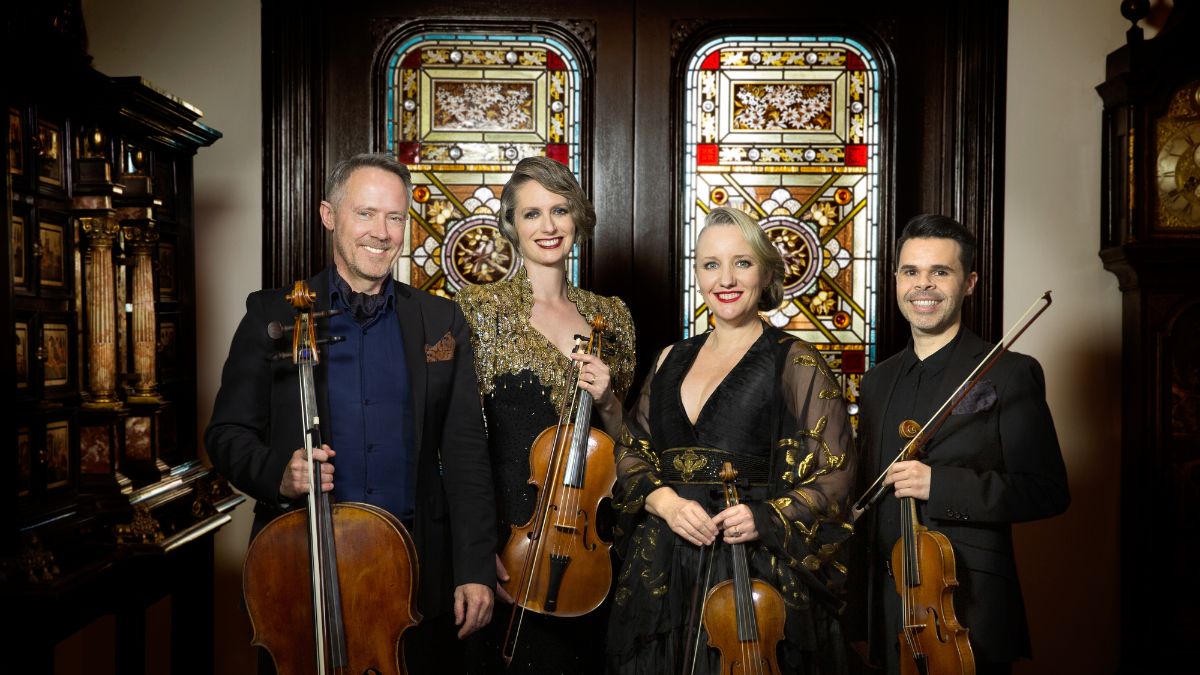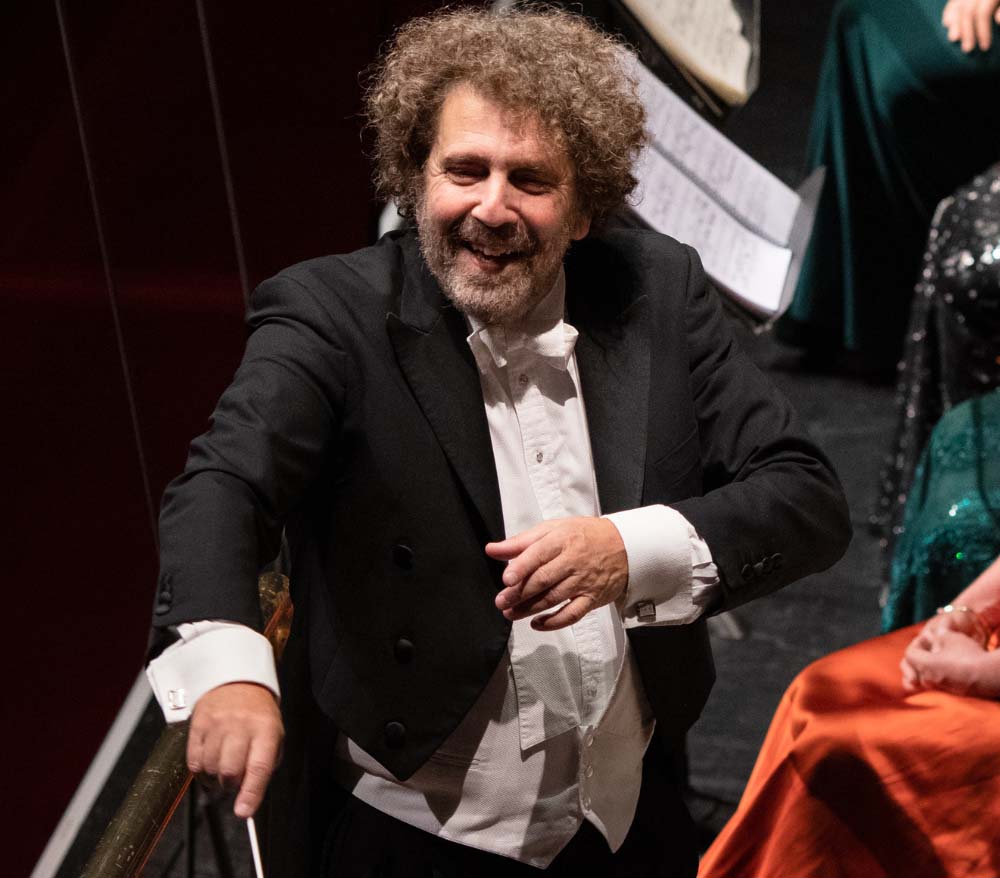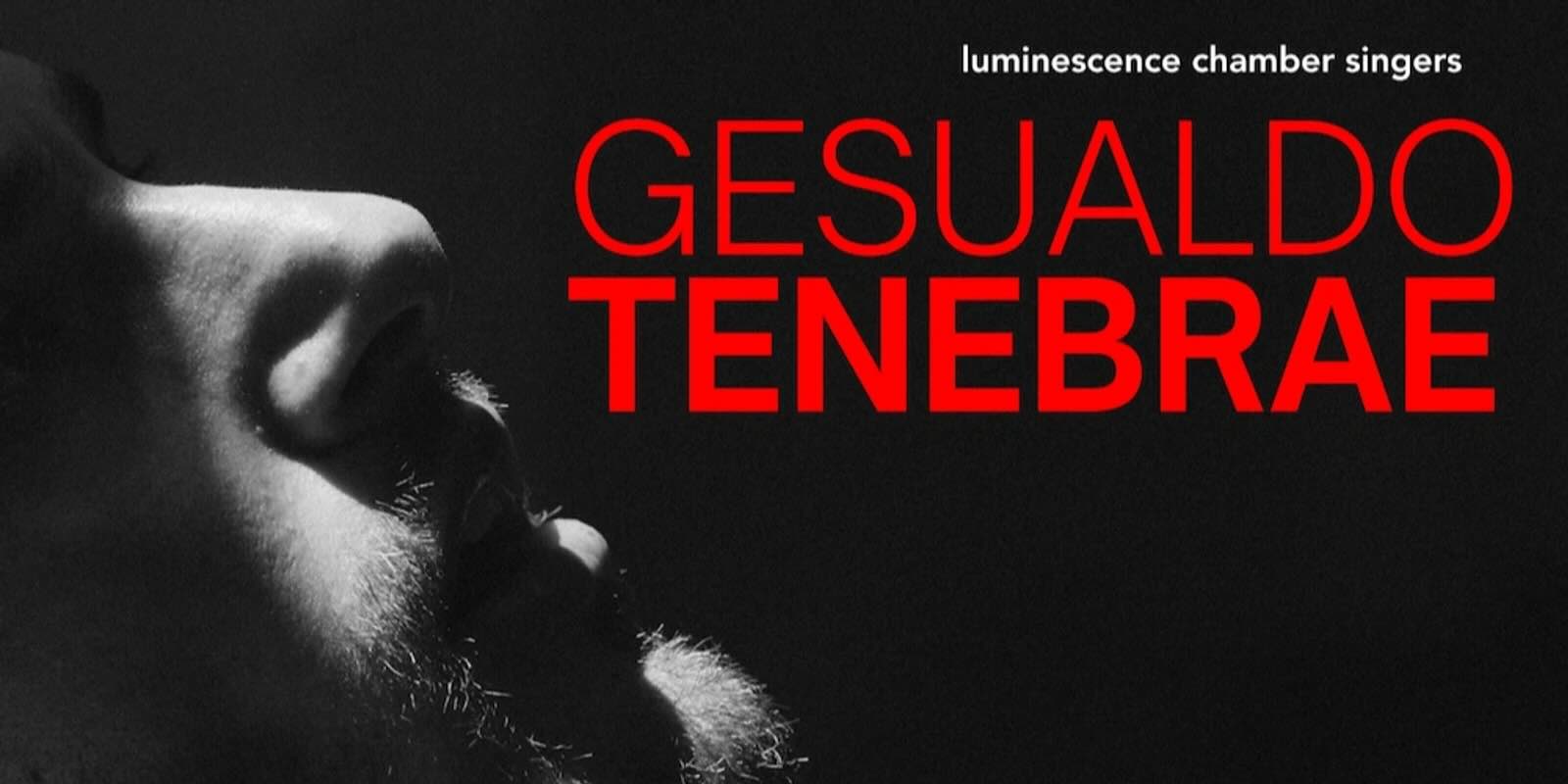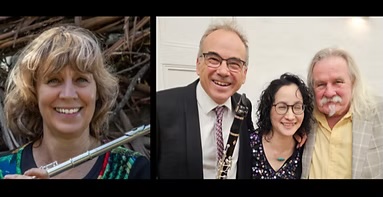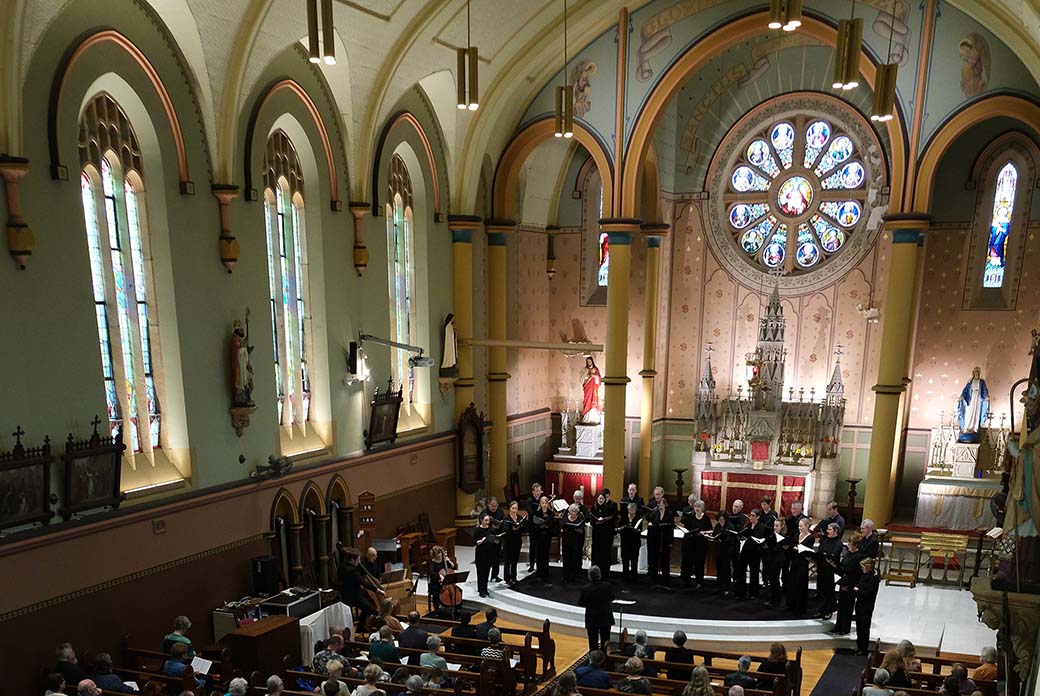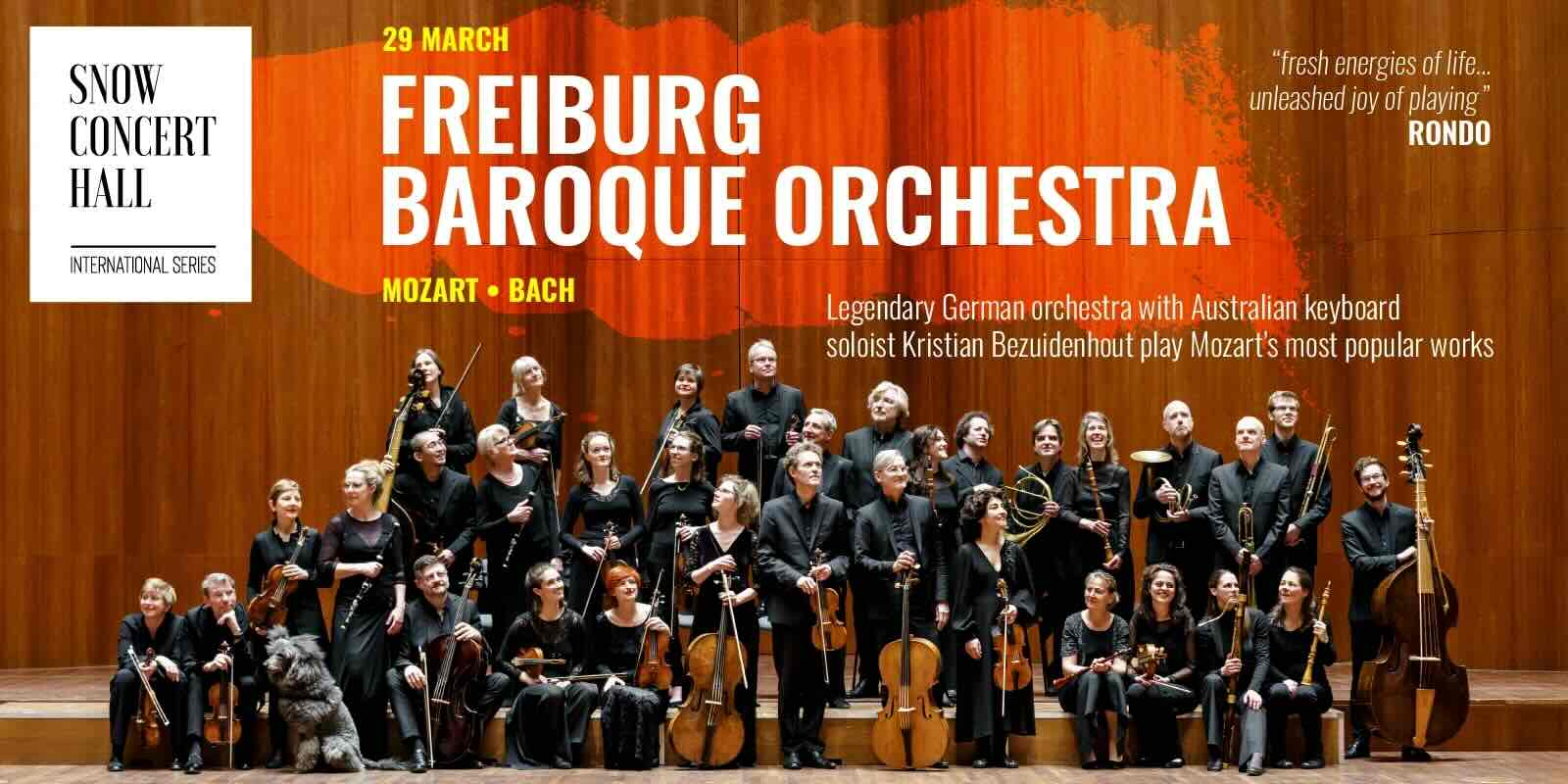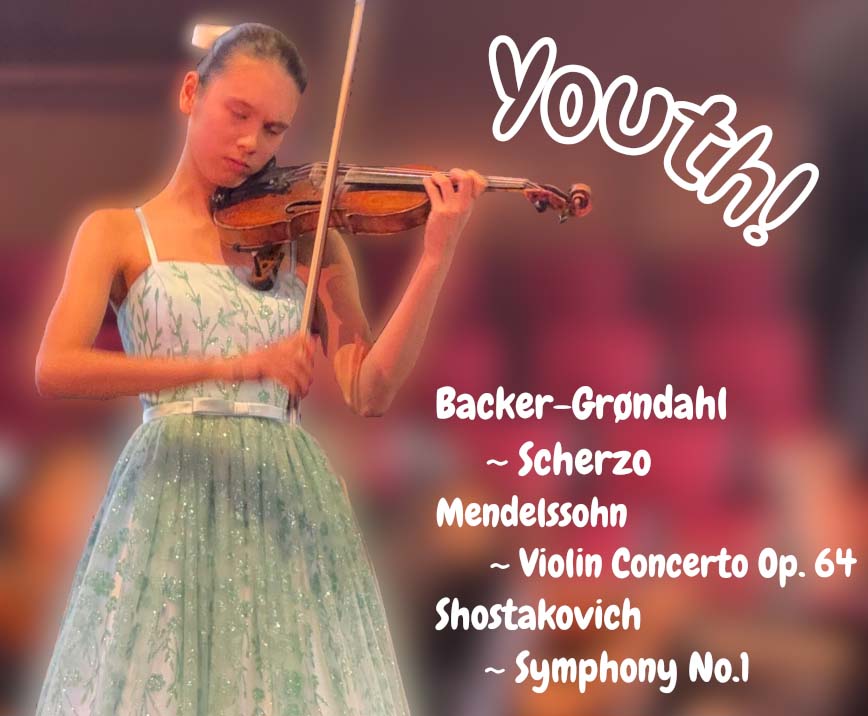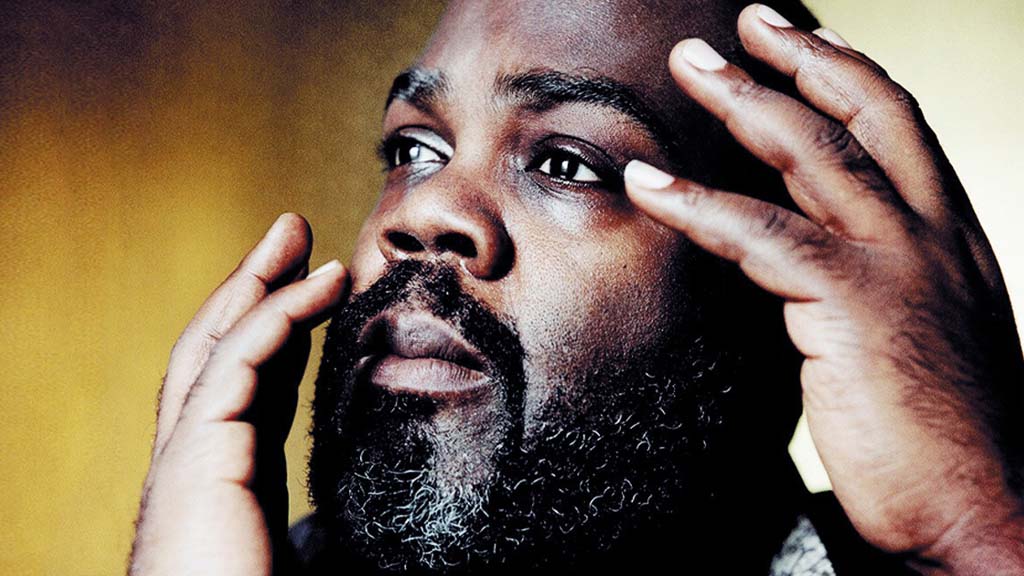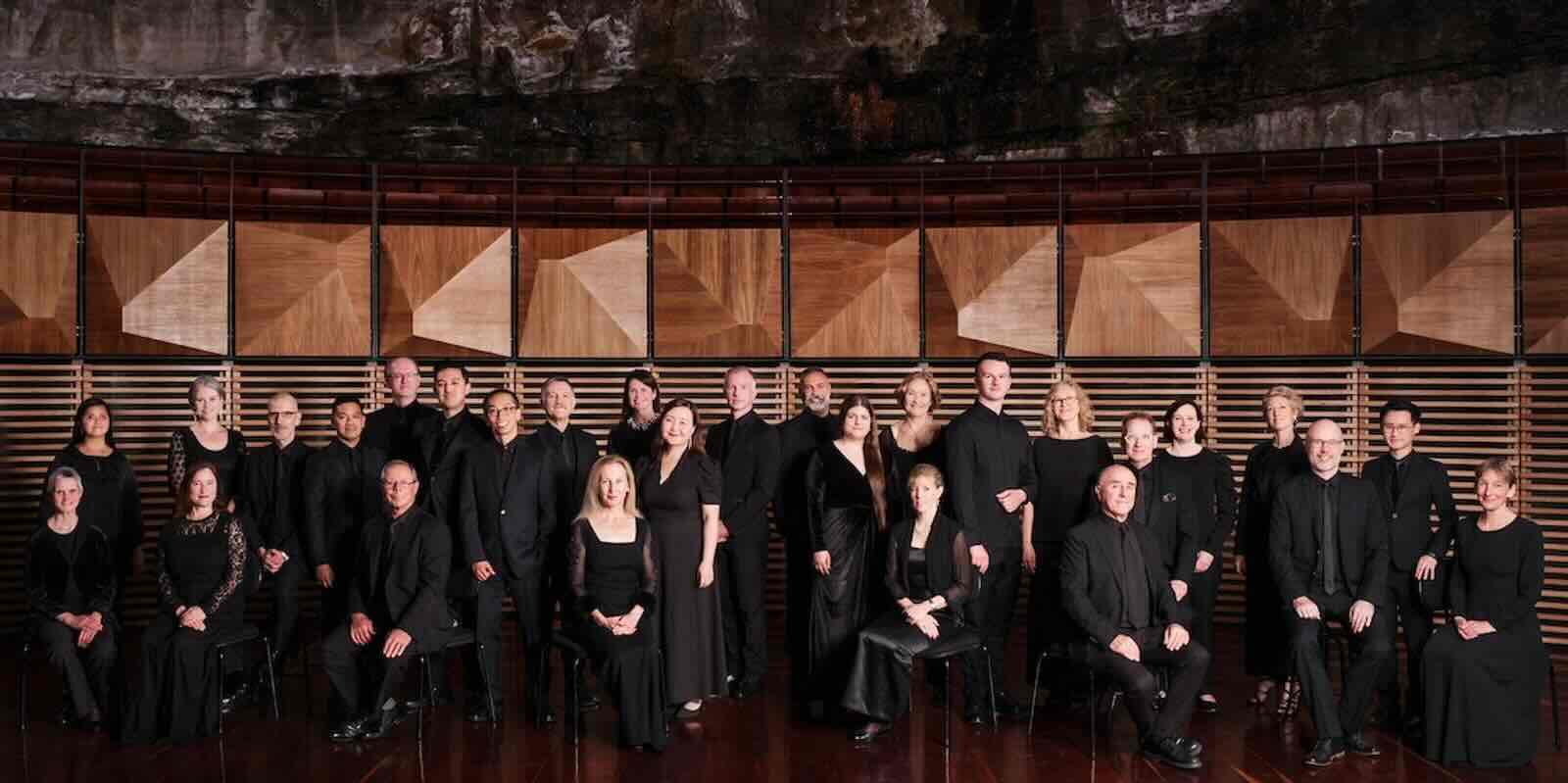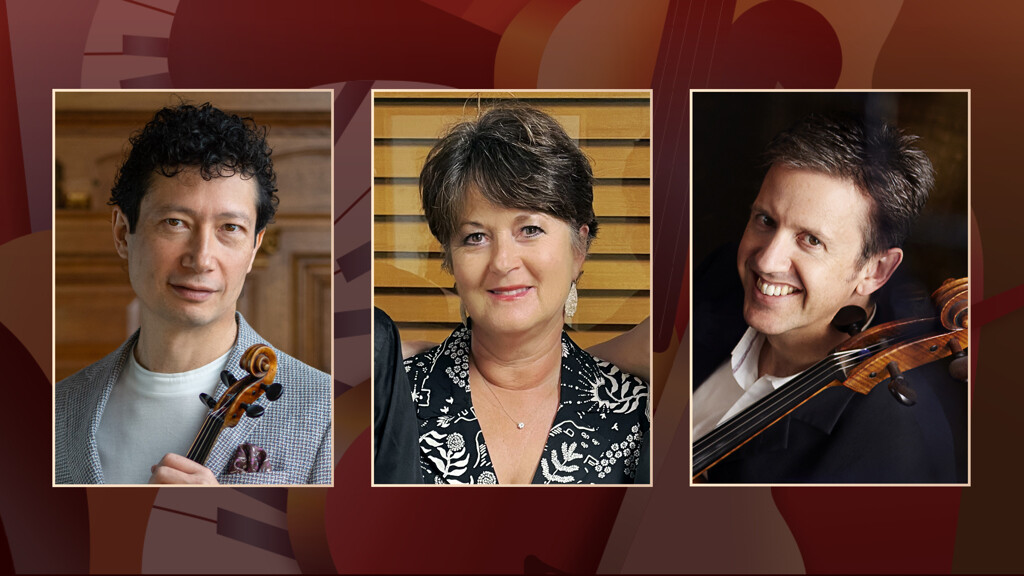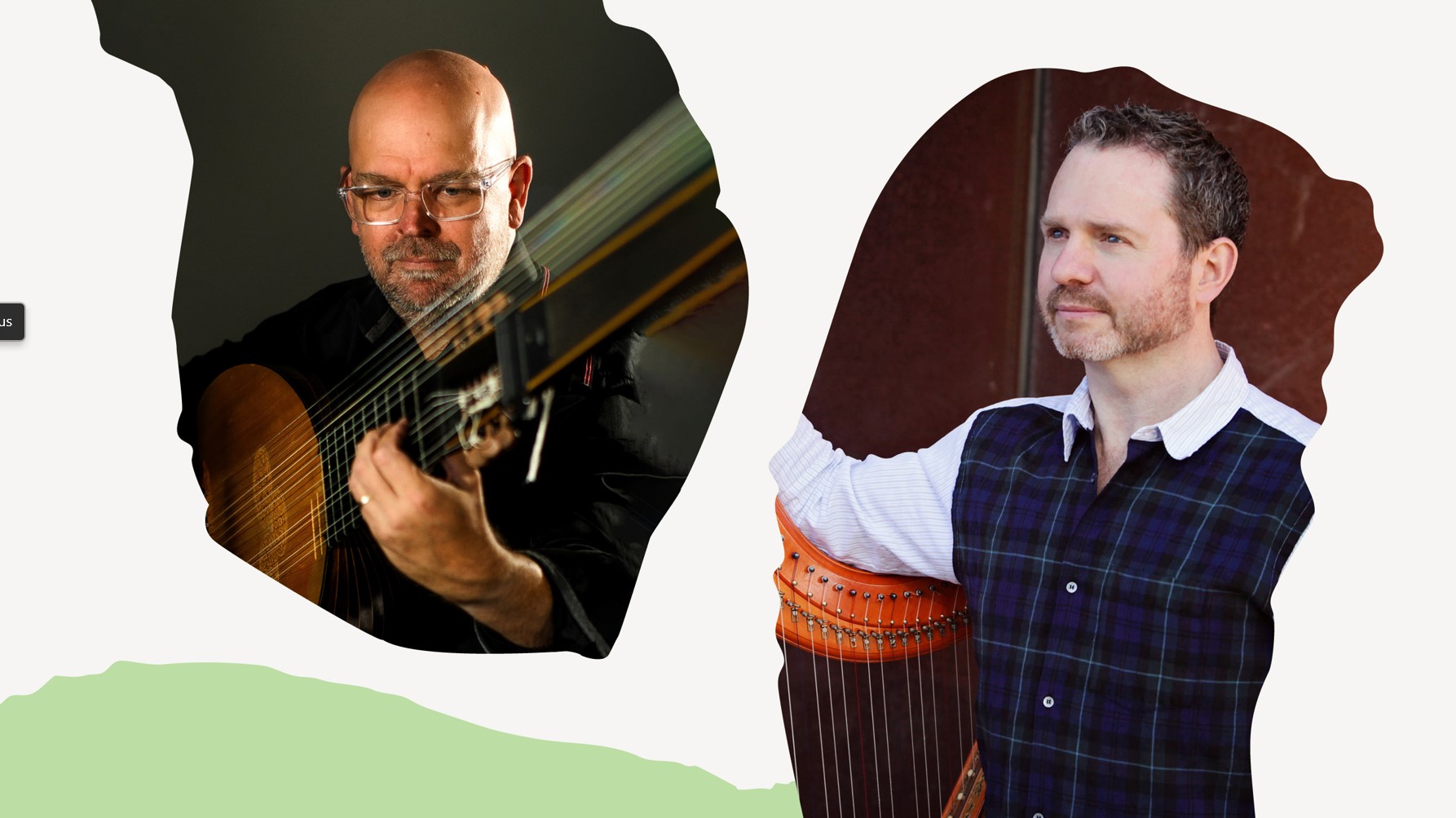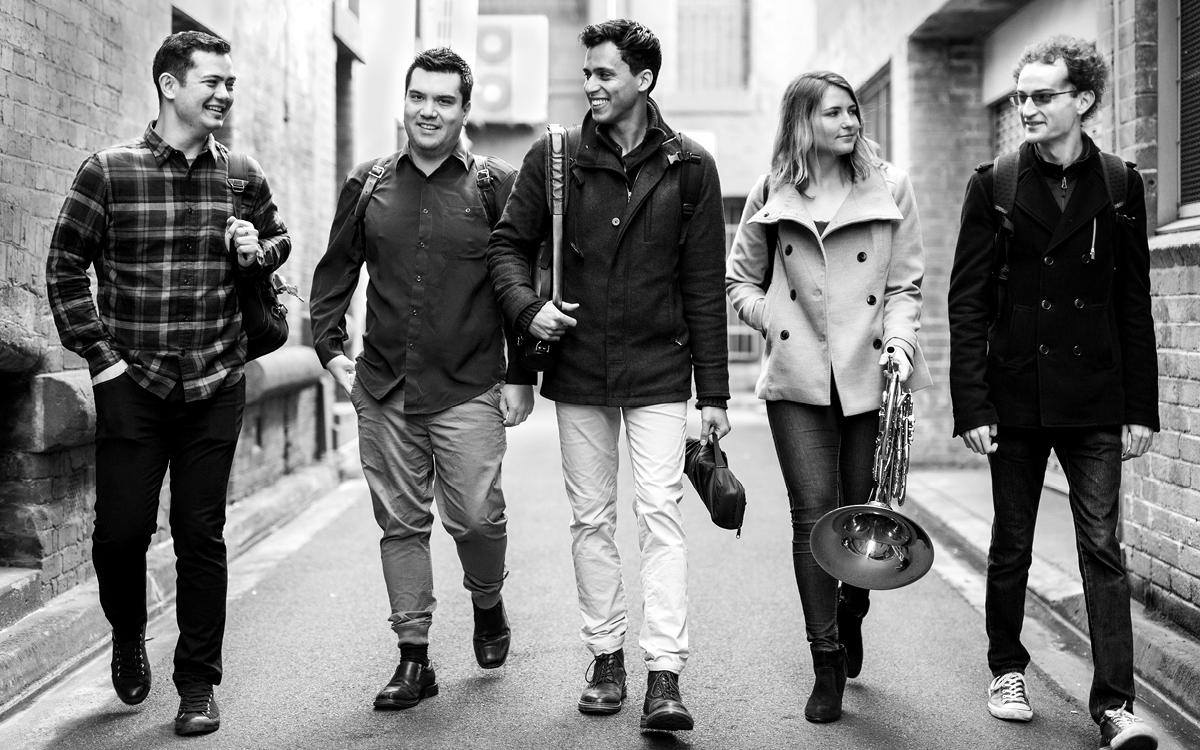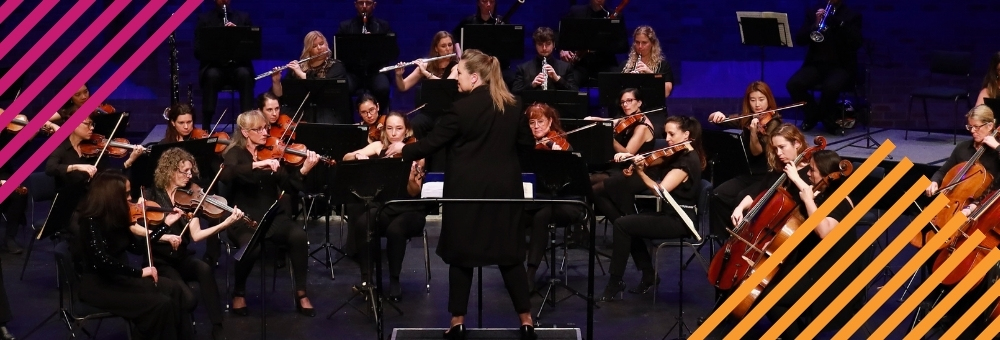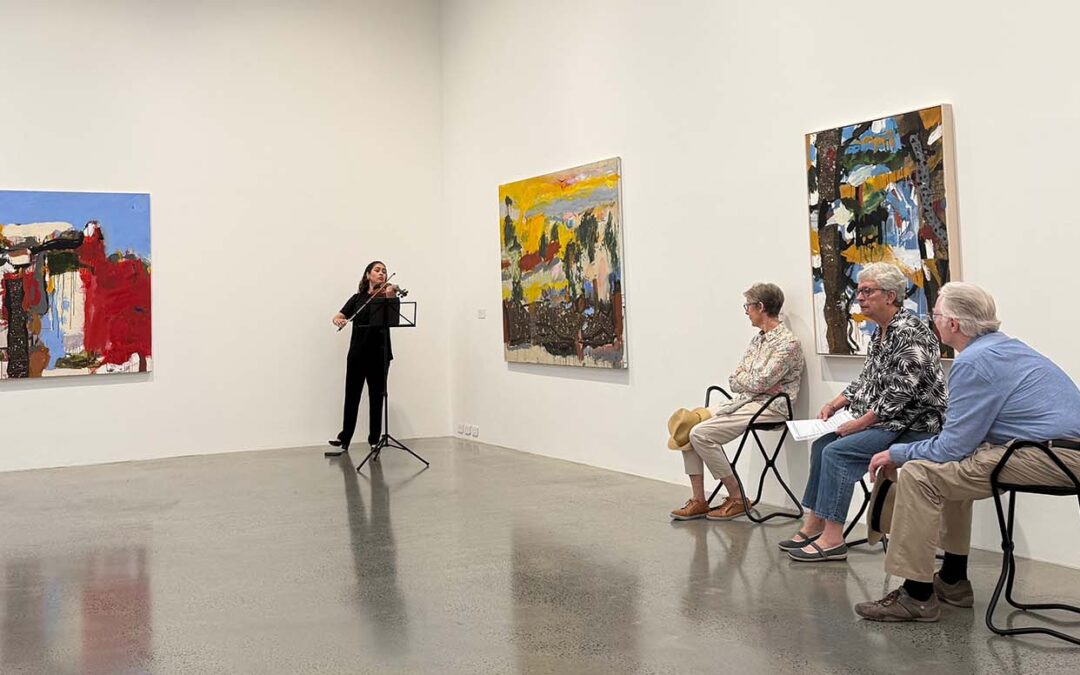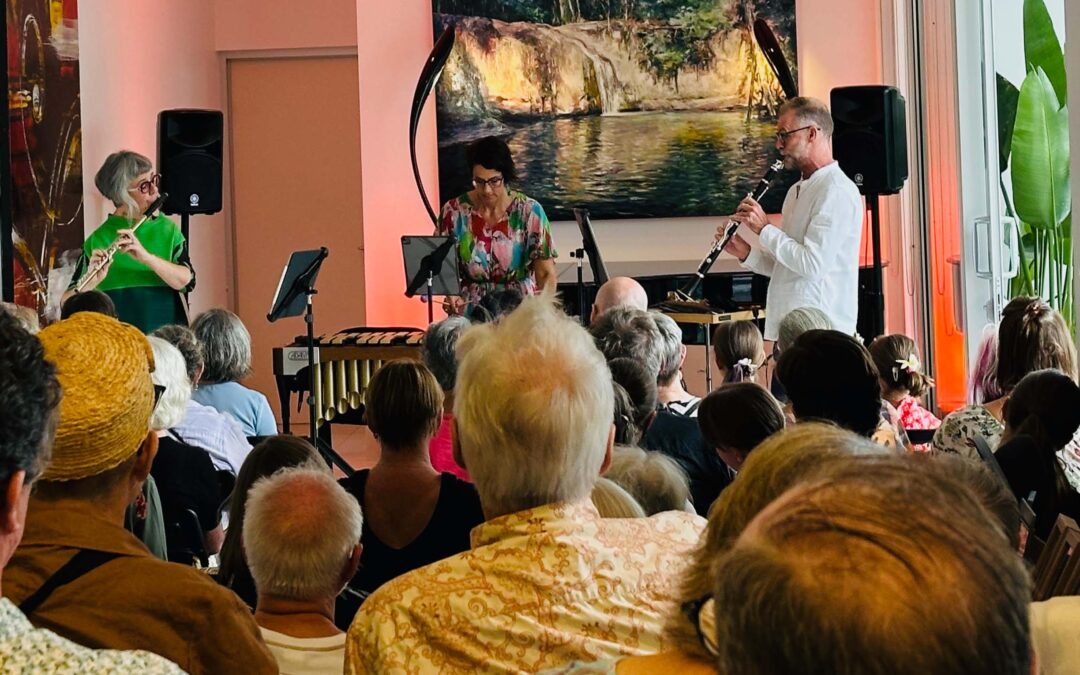Musica Viva Australia | Melbourne International Chamber Music Competition
String Quartet Finals
9th July, 2023, Melbourne Recital Centre
People everywhere love a good a competition, be it sport or debating or painting or in the realms of music, either composition or performance. Melbourne has just had a feast of wonderful young and emerging piano trios and string quartets vying for fame and prize money in one of the world’s leading chamber music competitions organised, and superbly so, by Musica Viva Australia.
The grand final of the two sections was held in the wonderful acoustic, and visually pleasing Elisabeth Murdoch Hall and a spirited and at times partisan large audience added to the electricity of the event. Cheering favourites and with sustained clapping.
One of my colleagues from classikON has written a detailed review of the piano trio final but as I was to be there for the awarding of the grand prizes I attended both sessions.
Making up the finalists for the string quartet section were USA based Terra String Quartet, Affinity String Quartet from Melbourne and the Korean Risus String Quartet. To make this stage each group had already played the equivalent of two complete recitals including a new work by Lee Bradshaw, a composer with high European recognition.
Terra SQ gave, what was for me, a slightly out of sorts performance of Beethoven’s op132 in A minor. And in the same work Risus SQ played with more conviction and brought colour and drama to the playing. A general lack of wide-ranging dynamics seemed to be part of all the quartets approach and I would so have enjoyed a sustained ‘pianissimo’ or even softer as there are moments in the op 132 where the powerful moments work best when contrasted to soft sections.
Affinity SQ formed in Melbourne at the Australian National Academy of Music in 2015. Playing together for 8 years as an ensemble can bring an excellence and unanimity of musical thought and Affinity SQ displayed that in spades. Not only a dramatic performance of Schubert’s ‘Death and the Maiden’ in D minor D810 but a mature interpretation full of colour. It seems to be a good idea for young musicians to play music written when the composer was of a similar age and the energy and youthful pathos in the music of the 26 year old Schubert was perfect for this young group. It was no surprise that Affinity SQ won the audience prize and then they went on to win the quartet first place and the Monash University Grand Prize.
In the afternoon three totally contrasting ensembles performed music very much in alignment with their places of residence – Trio Orelon from Germany performed the Brahms Trio no 1 in B major, op. 8, the French based Trio Pantoum played the Ravel Trio in A minor and Trio Bohemo from the Czech Republic played music not far from their country or temperament, the Trio Elegiaque no. 2 in D minor, op 9 by Rachmaninov. The judges awarded 1st prize to Orelon and 2nd prize to Pantoum. I loved the trio from France with their beautifully nuanced performance of a work that requires such a high level of individual skill and ensemble cohesion. The audience prize went to the 3rd placed Bohemo and that was no surprise as they were simply fantastic. This ensemble is ready to leave competitions behind now and perform on concert platforms across the globe. Their Rachmaninov was riveting, rich in texture and explored all the meaning that this romantic music infers. Individually stunning musicians the ensemble playing from Trio Bohemo was at the highest level. They took the dots off the paper and made music way beyond what could be hoped for. Great stuff.
In the foyer, talking with musician friends across the country, mention was made that all the piano trios seemed to be the most advanced in their ensemble musicianship, concert readiness and presentation, though the Affinity Quartet is a most assured and brilliant ensemble.
So much fuss is made of the string quartets and the piano trios seemed a little lost in the excitement! And isn’t that the case, the fun of competitions, where taste is the only arbiter that leads to success. Sometimes it’s the music that wins and sometimes there are other winners. Melbourne is a winner for hosting the competition (a once in only four years event) and the audiences are also enriched. A thought I had between the recitals was, “Would way over a thousand people go out on a grey Sunday to hear unknown ensembles playing works from the pantheon of classical music?” I think not, so the competition has been instrumental in promoting these magnificent young performers.

